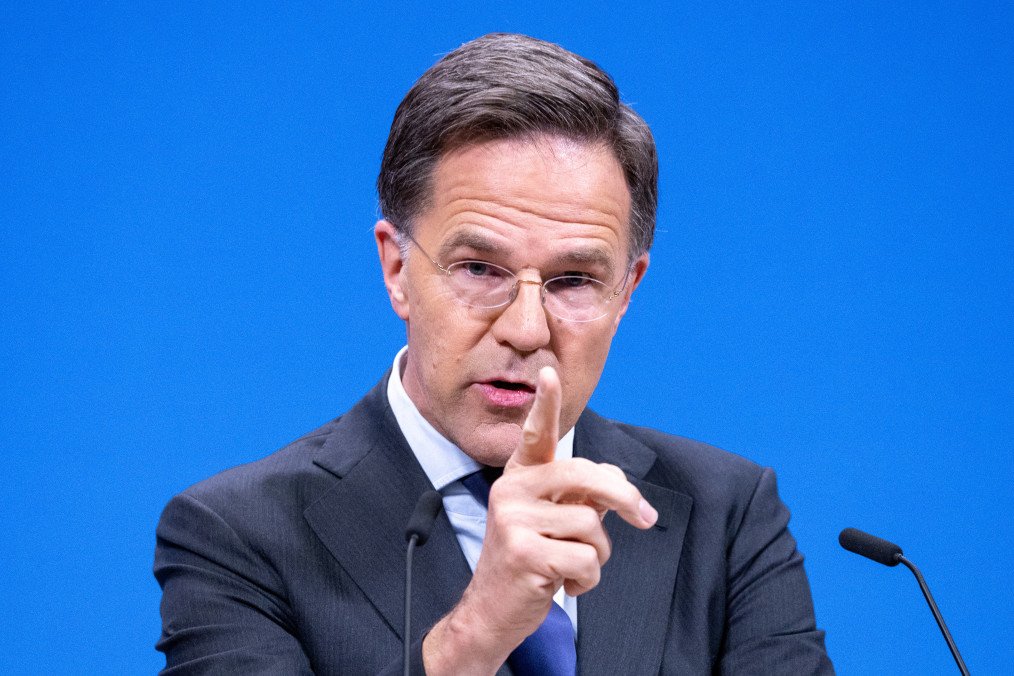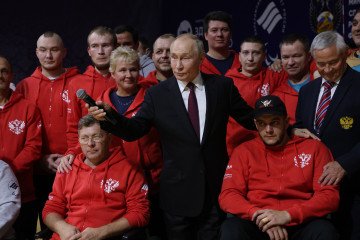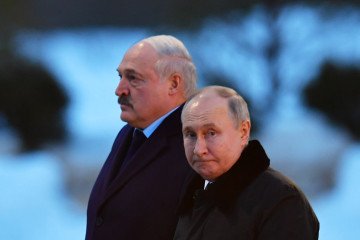NATO Secretary General Mark Rutte has warned that the alliance could face significant security threats within the next three to five years if member states do not urgently increase defense spending and weapons production.
Speaking after a meeting of defense ministers in Brussels, Rutte cited Russia’s accelerated rearmament, stressing that “war-time Russia produces, in core ammunition, in three months what the whole of NATO, a 25 times bigger economy, produces in a year.”
According to The Guardian on May 5, most NATO members still fall short of the alliance’s current 2% GDP guideline. Rutte is now calling for a new target of 5%: 3.5% for direct defense capabilities, and an additional 1.5% for infrastructure, logistics, and industrial readiness.
“If a tank can’t cross a bridge, you can’t defend yourself,” Rutte said, referring to the importance of non-combat investments. “It’s not just about buying more weapons. It’s about preparing our societies.”
He described the proposal as a “historic” step, with “broad support” among allies. “We use this word often, historic,” he said. “But I think we are allowed today to use that word.”
-4311f66b021df23a1eff29eba5d0d105.png)
Rutte emphasized that the focus must shift from peacetime procurement models to full-scale war readiness. “If we don’t act now, we may be safe in the short term, but in three, four, five years, we are really under threat.”
The upcoming NATO summit in Washington is expected to formalize the new spending targets and capability goals. Rutte said the aim is to ensure the alliance is “spending more, producing more, and delivering faster.”
Asked about Ukraine, he said ministers discussed long-term support frameworks within the NATO-Ukraine Council. “How do we make sure that if a ceasefire or peace deal is reached, Ukraine has the means to defend that peace?” he said. “There was widespread support and total condemnation of Russia’s unprovoked aggression.”
Rutte also acknowledged that the proposed shift is partly designed to address expectations from the United States. “This is not about political messaging. It’s about closing real capability gaps,” he said.
Earlier on June 5, Luxembourg Defense Minister Yuriko Backes announced that the country will increase its military aid to Ukraine by 50% this year. Speaking ahead of the NATO defense ministers' meeting in Brussels, Backes reaffirmed Luxembourg’s long-standing support for Ukraine, stating, “We will continue to stand on the right side of history.”








